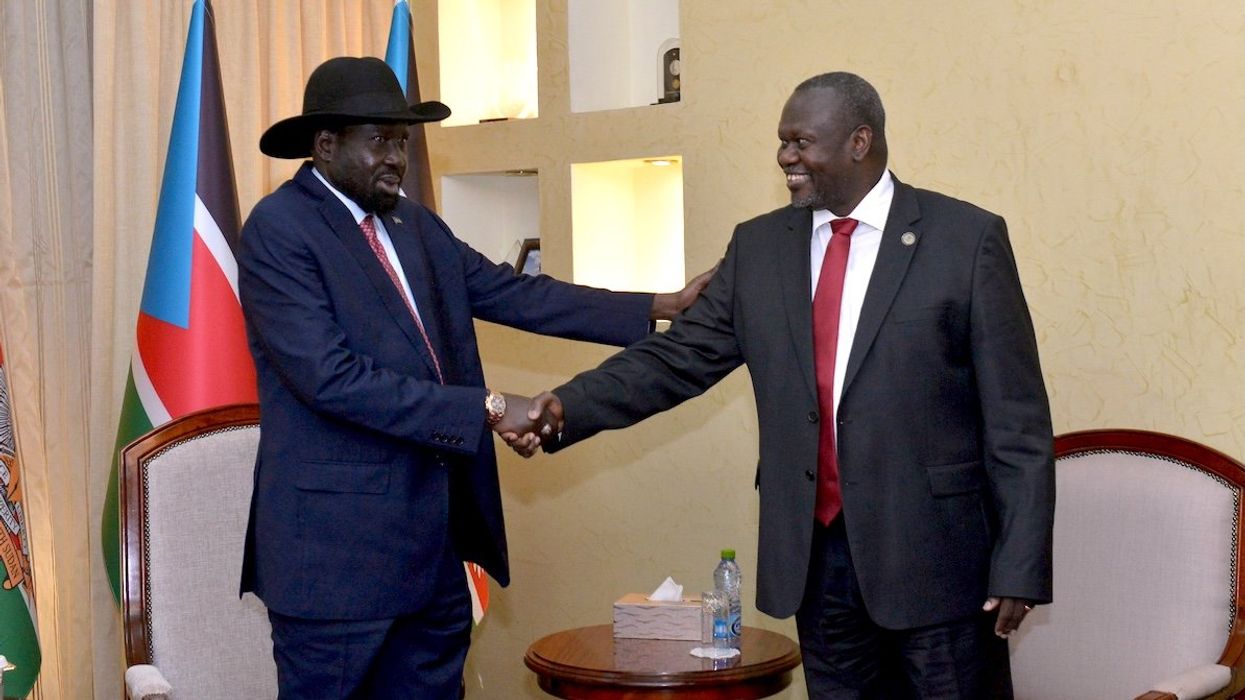What We're Watching
South Sudan’s vice president arrested, country on brink of civil war
Alarm bells are ringing ever more loudly in South Sudan, as Vice President Riek Machar — chief rival to Prime Minister Salva Kiir — was arrested late Wednesday in an operation involving 20 armored vehicles at his compound in Juba. He was placed under house arrest, a move that is fueling fears that the country will soon descend into civil war.
Mar 27, 2025


